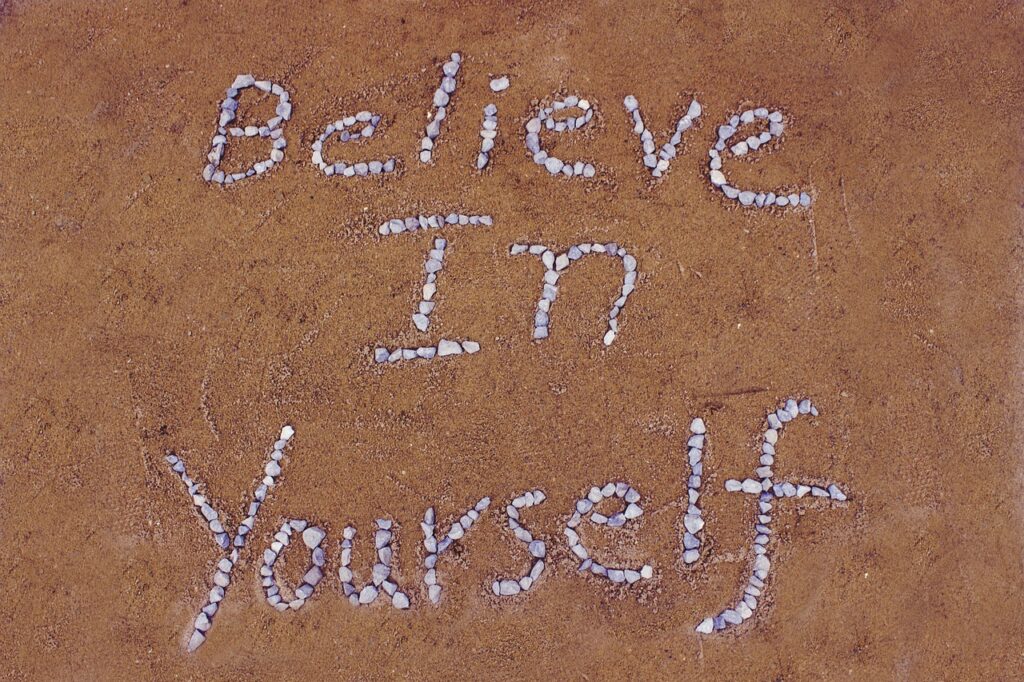It has been some time since I have added a new blog. Here is the reason. I didn’t feel great and haven’t felt like writing. I have been sick with deep depression over the last couple of months. It was completely unexpected, so I decided to focus my attention on some other things to help instead.
This is what the last month or so has taught me. We can go for an extended time feeling better and even great. After 3 months I felt as if I was getting anxiety and depression in a good place. I had worked diligently, taking my medication, learning Dialectical Behavioral Therapy, staying in touch with my doctor, being as active as I could in the gym and attending my support groups. I am challenged to find out that it doesn’t always matter. Your journey isn’t always linear. This was a key phrase that someone in a support group clarified to me. I remember it always now. It somewhat breaks my heart after feeling like I was almost winning and on the verge of a huge comeback. What is becoming more clear to me is that I likely will have to manage this for life, and not just a period.
A mental health recovery journey is often not linear due to the complexity and individual nature of mental health challenges. Here are some reasons why:
- Fluctuating Symptoms: Mental health conditions, such as anxiety or depression, often have ups and downs. Even with treatment, symptoms can resurface or change in intensity, leading to periods of feeling better followed by setbacks.
- External Stressors: Life events like job loss, relationship issues, or financial problems can cause setbacks. Even when progress is being made, external challenges can re-trigger mental health symptoms. This is happening to me.
- Trial and Error with Treatment: Finding the right combination of therapy, medication, and coping strategies can take time. It’s common to try different approaches before discovering what works best, which can create an uneven recovery path. I am reconsidering medications, trying different routines at the gym and exploring cognitive behavioural therapy.
- Unrealistic Expectations: People often expect quick fixes or constant improvement, but mental health recovery takes time. When progress slows or stalls, it can feel like a setback, even though healing is still happening. I often am short of patience, with my anxiety. It makes me want things quickly and my livelihood depends on it.
- Emotional Processing: Recovery involves facing difficult emotions and past traumas. As these come to the surface, they can feel overwhelming and lead to temporary dips in mental well-being.
- Self-Care Fatigue: Maintaining good mental health requires ongoing self-care, like therapy, exercise, and healthy routines. People may experience burnout or fatigue from managing these routines, leading to breaks in progress. I am taking care of a house, and a child part-time and sometimes I let go of my self-care.

I have learned during this dip in progress that patience is key. Give yourself a break when you aren’t progressing. Positives will come again but be prepared for some drops in form along the way. I am feeling a better now and there is some improvement again. We will all get there and experience is key in giving you the tools to handle it. Take care of yourself and let me know about if you have had similar experiences on your own journey.


Really enjoyed reading. The unrealistic expectations part really spoke to me. Thanks for sharing!
Thanks Angie. I appreciate you reading.
This really resonates with me and I often reflect on the ups and downs of dealing with mental health issues, in one day I can feel completely uplifted, empowered and on top of things and that can turn completely on its head and I can feel as though I’m falling apart. It is a day to day process and your right with experience and balance we can navigate this journey 👍🏻👍🏻
Great post Chris. I remember thinking that if I just found the ‘right thing’ then I would feel better. Like if I found the ‘right routine’ or the ‘right therapy’ then overnight I’d be ‘better.’ I now see that this was ignorance and in fact, I needed to break down and surrender to all the help I could get to manage and recover from mental health challenges I’ve faced. For me, this included counselling, art therapy, medication, Grow groups and loads of humility. It’s been a hard road but one that has me enjoying an ordinary life. Much love, Kat
Wise information Kat and thanks for your reply. I find it also curious that we may never be done with our journey. It’s something that may be with us for life. It’s just figuring out how to continually navigate it for me.
Hey Brother,
This post really hit me deep and resonated. I have experienced a life of depression and I have been always trying to ‘fix’ myself and fix it. This post was enlightening as it helped illuminate the need for acceptance and self-love and an understanding that I may never be truly ‘fixed.’
it was also very timely. I had a sudden and unexpected and deeply triggering issue arise today. I could not shape the feeling that my stomach had dropped and not been able to breathe properly for the remainder of the night. I’ll became anxious and upset at myself as like you said I have been doing so well.
Thank you for the share, from my heart to yours, Chad
Thanks for your reply Chad. I can completely empathize with you here. The journey isn’t linear and some days are great, others you run into difficulty. I think for me its about having tools ready on difficult days. I wish you peace.